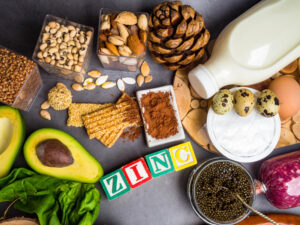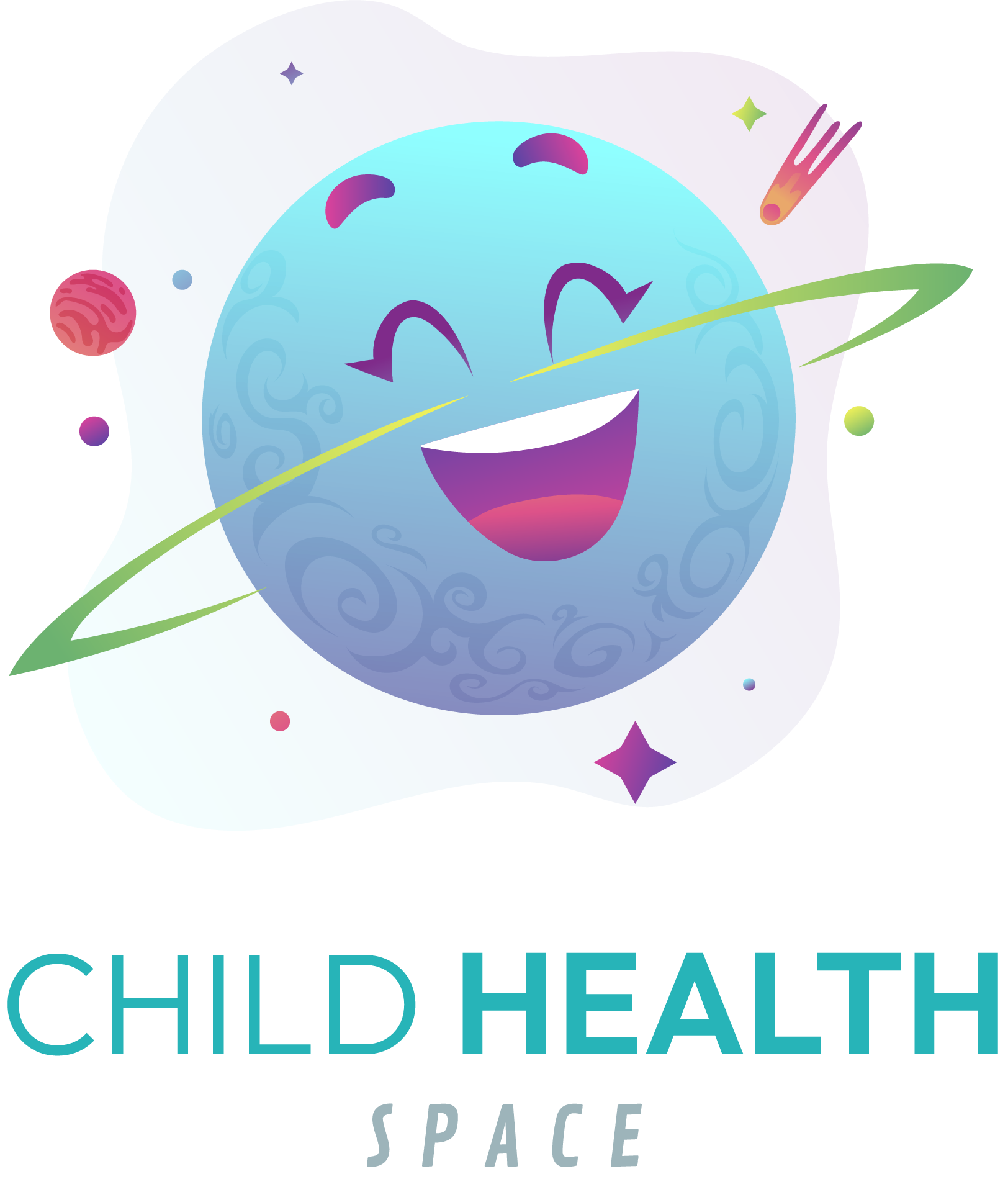Zinc plays a crucial role in growth, development, and immunity. Zinc deficiency in children is prevalent worldwide particularly in developing countries. Around 17% of the world’s population is at risk of zinc deficiency. Children being the most vulnerable to acquire zinc deficiency. In this post, we will discuss zinc deficiency and stunted growth in children.

Table Of Contents:
The Role of Zinc in the Body
Zinc Deficiency in Children: Causes and Symptoms
Stunted Growth in Children: Causes and Symptoms
The Link Between Zinc and Stunted Growth
Preventing Zinc Deficiency and Stunted Growth in Children
Foods Rich in Zinc
Dosage Guidelines for Zinc in Children
Conclusion
FAQs
The Role of Zinc in the Body

Zinc plays a critical role in several bodily functions. It includes cell growth and division, immunity and protein synthesis. It is also essential for proper enzymes functioning. Hormones, including insulin and testosterone also require Zinc for proper working in body.
Zinc Deficiency in Children: Causes and Symptoms
There are several factors that cause Zinc deficiency in children. For example, Poor diet, malabsorption, chronic diarrhea, and certain medications. Symptoms of zinc deficiency include growth retardation, impaired immune function, skin lesions, diarrhea, and delayed sexual maturation.
Stunted Growth in Children: Causes and Symptoms
When a child’s height is significantly below the average height for their age and gender is called stunted growth. The most common causes of stunted growth in children include malnutrition, chronic illnesses, genetic factors. Symptoms of stunted growth in children include shorter stature delayed puberty delayed development.
The Link Between Zinc Deficiency and Stunted Growth
Children with zinc deficiency may not develop normally. Poor development and stunting might occur from not getting enough zinc in the diet. Several hormones and growth factors can’t do their jobs properly without zinc. Zinc is essential for the activity of the growth hormone insulin-like growth factor 1 (IGF-1).
Preventing Zinc Deficiency and Stunted Growth in Children
Zinc deficiency can be prevented in children if they eat nutrient-rich diet. Zinc supplements may be prescribed to children who are at risk for zinc deficiency.
Foods Rich in Zinc

The following foods are excellent sources of zinc:
- Oysters
- Beef
- Pork
- Chicken
- Beans
- Nuts
- Whole grains
- Dairy products
- Seafood
Dosage Guidelines for Zinc Deficiency in Children:
- Start with a low dosage: For children under six months, the recommended daily intake of zinc is 2mg/day. For children between six months and three years, the recommended dosage is 3mg/day. For children between four and eight years, the dosage is 5mg/day.
- Consult with a doctor: Before giving your child any supplement, it’s important to consult with a pediatrician. They can recommend the appropriate dosage based on your child’s age, weight, and overall health.
- Don’t exceed the recommended dosage: Taking too much zinc can be harmful to children, so it’s important not to exceed the recommended dosage. High doses of zinc can lead to nausea, vomiting, and diarrhea.
- Consider natural sources of zinc: In addition to supplements, you can also increase your child’s intake of zinc through natural sources such as meat, fish, nuts, and beans.
- Monitor for side effects: While zinc supplements are generally safe for children, they can cause side effects in some cases. If your child experiences any symptoms such as stomach upset or a metallic taste in their mouth, stop giving them the supplement and consult with a doctor.
By following these guidelines, you can ensure that your child is getting the right amount of zinc to support their growth and development.
Conclusion
In conclusion, zinc deficiency is a significant health issue that can lead to stunted growth in children. By understanding the role of zinc in the body and the link between zinc deficiency and stunted growth, we can take steps to prevent this condition.
Ensuring children consume a balanced and nutrient-rich diet that includes zinc-rich foods and taking zinc supplements if necessary can help promote healthy growth and development. Remember to consult with a healthcare professional before taking any supplements or making significant dietary changes.
FAQs
Q. What is the reason of zinc deficiency and stunted growth in children?
A. Zinc deficiency in children may be due to poor diet, malabsorption, chronic diarrhea, and genetic disorders.
Q. What are methods to diagnose Zinc deficiency?
A. Blood tests that assess zinc levels can identify zinc insufficiency.
Q. What are the long-term effects of stunted growth in children?
A. Stunted growth in children can have long-term effects on their physical and mental development, including reduced cognitive function and an increased risk of chronic diseases later in life.
Q. Can zinc supplements be harmful?
A. While zinc supplements can be beneficial for individuals who are at risk of zinc deficiency, taking excessive amounts of zinc can be harmful and lead to adverse effects such as nausea, vomiting, and diarrhea.
Q, How can I ensure my child is getting enough zinc in their diet?
A. Including zinc-rich foods in your child’s diet, such as meat, seafood, beans, and nuts, can help ensure they are getting enough zinc. It is also important to ensure they are consuming a balanced and nutrient-rich diet.
Q. Can zinc deficiency and stunted growth in children be reversed?
A. Zinc deficiency is reversible by using zinc supplements. While some of the effects of stunted growth in children may be irreversible, providing adequate nutrition and medical care can help improve their growth and development.







